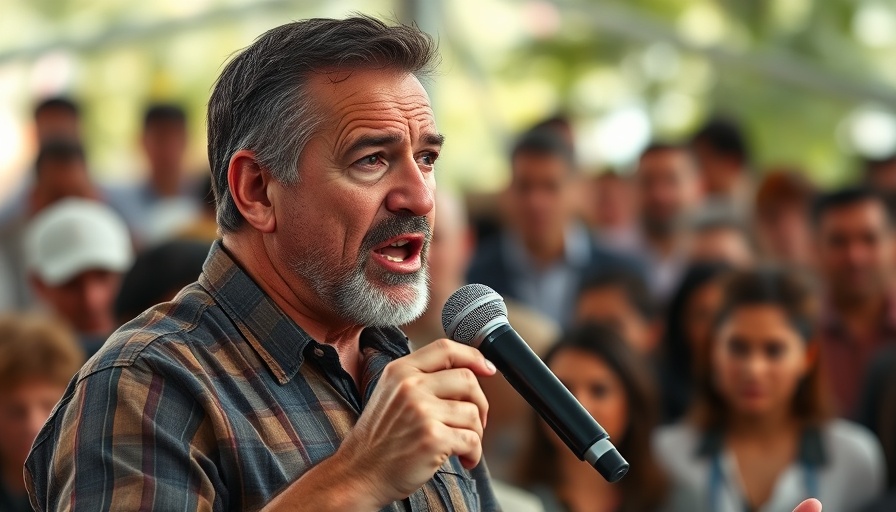
RFK Jr's Admission Sparks Outrage: What it Means for Public Trust
In a recent congressional hearing, Health Secretary Robert F. Kennedy Jr. embarrassingly acknowledged that he had not fact-checked his 'Make America Healthy Again' (MAHA) report. This revelation has raised serious questions regarding the validity of the report's findings, especially after investigations revealed that several sources cited by the MAHA report are fictitious.
The Fallout: Addressing Misinformation in Health Policies
During a contentious exchange with Democratic Representative Raul Ruiz, Kennedy Jr. admitted, "I did not fact check" when asked about verifying the sources before publication. Ruiz's probing highlighted the responsibility of public officials to ensure the accuracy of the information that guides health policies. The impact of misinformation can be severe, especially when it relates to public health measures that affect millions.
Why Fact-Checking Matters in Public Health
With the current climate of misinformation surrounding public health, especially concerning vaccinations and health initiatives, accuracy in reporting becomes even more crucial. Kennedy's admission poses a threat not only to public health but to the integrity of governmental institutions that rely on credible data. Citizens deserve transparency from their leaders and clear communication of the facts.
Opposition to Policies Derived from Questionable Sources
As Ruiz pointed out, the errors in the MAHA report could damage the legitimacy of the initiatives derived from it. The public’s trust hinges on data-driven policies, and if the foundation is faulty, so too are the solutions built upon it. Critics have increasingly voiced concerns over the federal public health system's direction, calling for accountability and diligent verification before implementing policies.
Public Reaction: Social Media Doubts and Ridicule
Following the hearing, social media exploded with criticism aimed at RFK Jr. Many users took to Twitter to express their disbelief and dismay. One user lamented, "The Vaccine Whisperer just said he didn’t fact-check—then claimed sources that DON’T EXIST are somehow accurate??" Such sentiments illustrate a significant disconnect between the public's expectations from officials and the reality presented in the hearing.
What This Means For Future Health Initiatives
The implications of this incident extend beyond RFK Jr.'s current position. With wide-ranging changes proposed to the federal public health system, this incident could result in increased scrutiny of future health reports and recommendations. It serves as a reminder that health decision-making should always be rooted in facts and subjected to rigorous checks.
Engaging with Your Community on Health Decisions
This situation presents an opportunity for the public to become more engaged in discussions about health policies. By demanding transparency and accountability from officials, citizens can help ensure that their health will not be jeopardized by baseless claims or unfounded data. Start conversations in your community about the importance of fact-checking health information and advocating for responsible practices.
Final Thoughts: The Duty of Accountability in Healthcare
As we navigate the complex landscape of health-related information, we must remind ourselves of the responsibility we have as informed citizens to question the accuracy of the data being presented. When leaders like RFK Jr. fail to uphold these standards, it is up to the public to hold them accountable. Engage with your local representatives, and insist on crucial checks that ensure our health policies are built on credible information.
 Add Row
Add Row  Add
Add 



Write A Comment